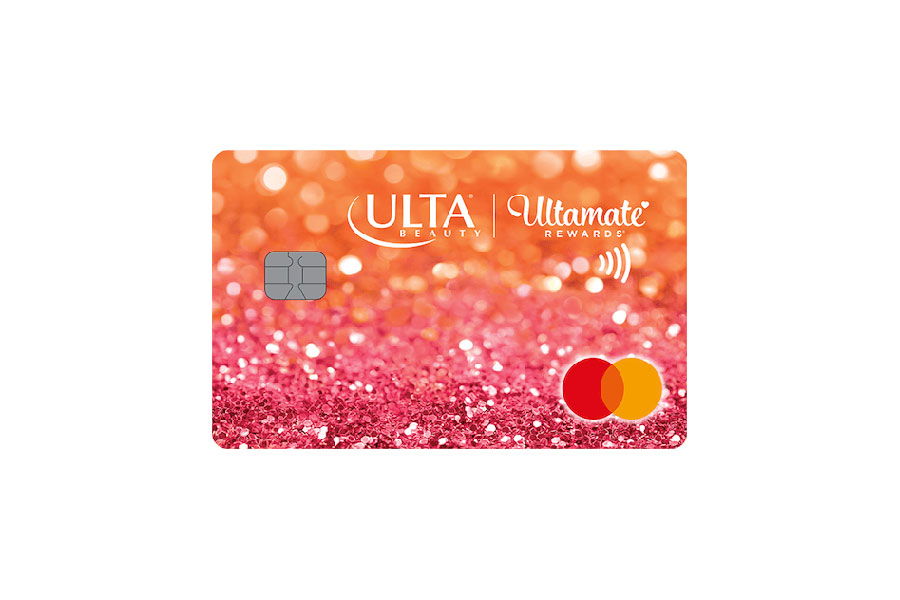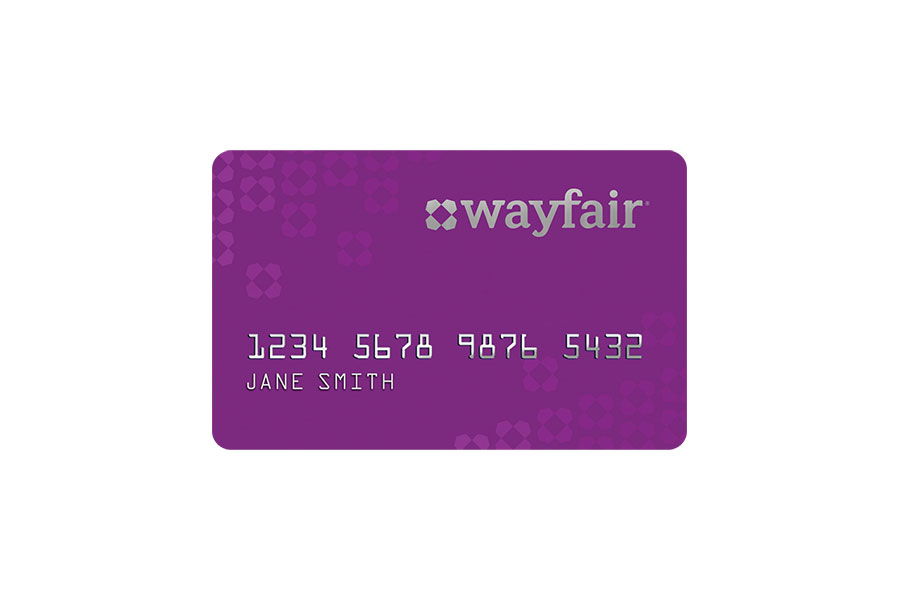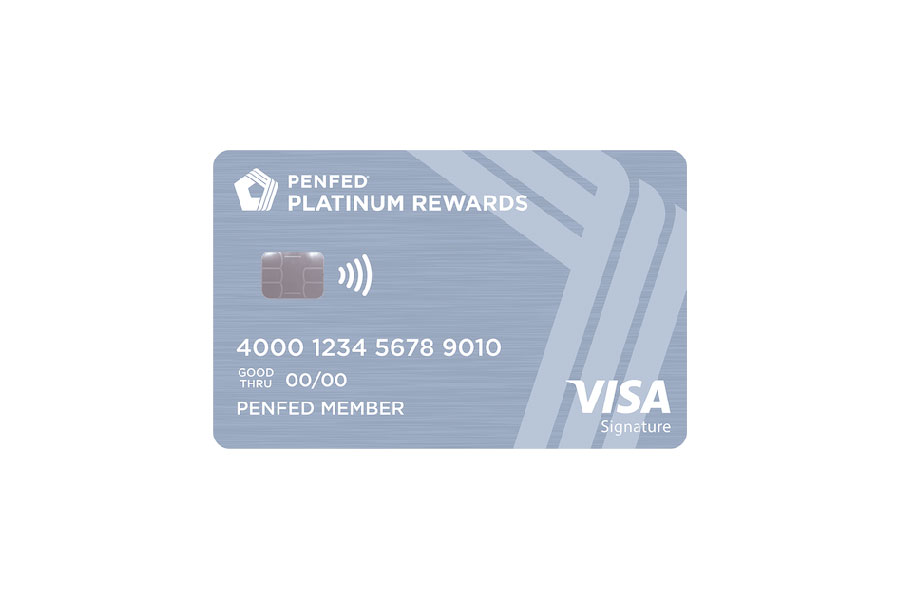The JCPenney Credit Card is a store card that offers exclusive discounts, special financing options, and rewards for frequent shoppers. If you’re thinking about applying, it helps to know the credit score requirements and what factors could affect your approval.
A good credit score improves your chances, but issuers also look at income, debt levels, and overall financial history. Taking the right steps before applying can help you get the best possible outcome.

Credit Score Needed for a JCPenney Credit Card
Most applicants approved for the JCPenney Credit Card have a credit score of 640 or higher, which falls into the fair credit range. While this is the typical threshold, having a higher score can lead to better approval odds and may qualify you for a higher credit limit.
Beyond credit score, Synchrony Bank—JCPenney’s card issuer—also evaluates factors like income stability, debt-to-income ratio, and recent credit activity. If your score is on the lower end, improving your payment history, reducing outstanding balances, and avoiding new credit inquiries can help strengthen your application.
What Credit Score is Needed for a JCPenney Credit Card?
When it comes to the JCPenney credit card, the minimum recommended credit score is 640. While this might be lower than some other credit cards, it’s still essential to have a good credit history to increase your chances of approval. Keep in mind that your credit score is just one factor that credit card issuers consider, so even if you meet the minimum requirement, there’s no guarantee of approval.
How to Increase Your Chances of Getting Approved for a JCPenney Credit Card
- Review your credit report: To prepare for a successful credit card application, start by obtaining a copy of your credit report from the three major credit bureaus (Experian, Equifax, and TransUnion). Look for any inaccuracies or errors that could be affecting your credit score, and dispute them if necessary.
- Pay your bills on time: One of the most important factors affecting your credit score is your payment history. Make sure to pay all of your bills on time, even if it’s just the minimum payment. Setting up automatic payments or calendar reminders can help you stay on track.
- Keep your credit utilization low: Credit utilization refers to the percentage of your available credit that you’re using. Aim to keep this percentage under 30% to show lenders that you’re responsible with your credit.
- Limit new credit inquiries: Each time you apply for new credit, a hard inquiry is added to your credit report, which can lower your score. Limit your applications for new credit and only apply for cards you have a high likelihood of being approved for.
- Diversify your credit mix: Having a mix of credit accounts, such as credit cards, loans, and mortgages, can demonstrate your ability to manage different types of credit. This can have a positive impact on your credit score, as long as you maintain good payment habits.
Getting Expert Help to Fix Your Credit
If you’re struggling to improve your credit score on your own, consider seeking professional help from a reputable credit repair company like Credit Saint. They help clients remove inaccurate negative items from their credit reports, such as late payments, collections, charge-offs, foreclosures, repossessions, and bankruptcies.
To get started with your credit repair journey and increase your chances of getting approved for a JCPenney credit card, visit their website for a free credit consultation.



